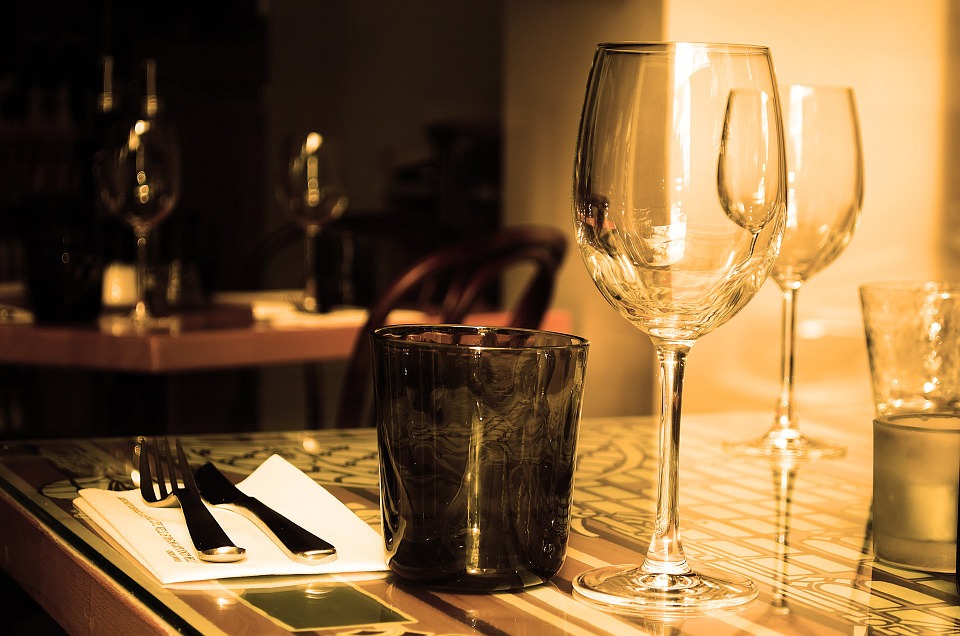Dinner party tips: part 1
Interview with
It's not just the food and drink cooking that makes your dinner party a blast - your  mind decides if something is tasty or not for a whole host of different reasons, not all of them related to flavour. Professor Charles Spence is head of the crossmodal research lab in Oxford, and he gave Georgia Mills some tips into how psychology can improve your dining experience.
mind decides if something is tasty or not for a whole host of different reasons, not all of them related to flavour. Professor Charles Spence is head of the crossmodal research lab in Oxford, and he gave Georgia Mills some tips into how psychology can improve your dining experience.
Charles - Intuitively, I guess, we all sort of think, well I like the taste of this or the taste of that and by using that language we can imagine that what we're reflecting, and what we're enjoying is derived solely from what's going on in our mouth, namely from the taste buds on the tongue. And yet what psychology and neuroscience shows is that what's going on in the taste buds and in the mouth is only a very small part of what we all can experience as the taste and flavour of food and drinks. So taste buds themselves give us just sweet, sour, salty, bitter, perhaps umami and a few other basic tastes but all the other interesting stuff in foods, the citrus, the meaty, the floral, the herbal, the burnt, all those notes are coming from our nose instead. Through to the sound of the crunch of the potato chip or any other dry or wet food product that makes a crunch, a crackle, a carbonated, creamy, crispy, squeaky, all of these attributes that we love in food again. We think we're sort of feeling them in our mouth or between our teeth and yet, it turns out that what we hear, the sounds of the crunch or the fizz or the bubbles in your drink, places a much more important role again than we realise. But the neuroscience and the psychology's helping to unpick just how important each sense is.
Georgia - Say I'm having a dinner party, do you have any top tips on ways I could use psychology to make sure everyone has a nice time?
Charles - Yes, indeed. I would say one of the simplest things to do is to increase the weight of the cutlery that your guests hold because that does, in a number of studies now, lead to food being rated better than it otherwise might be with light cutlery instead. I'd think about playing classical music in the background because, generally speaking, that tends to be associated with higher quality, classy offerings. And you find that people in the wine shop will generally ascribe a higher value to food and drink if there's classical music rather than the top 40 playing in the background.
- Previous Fry me up a perfect fish
- Next Ant-flavoured gin









Comments
Add a comment